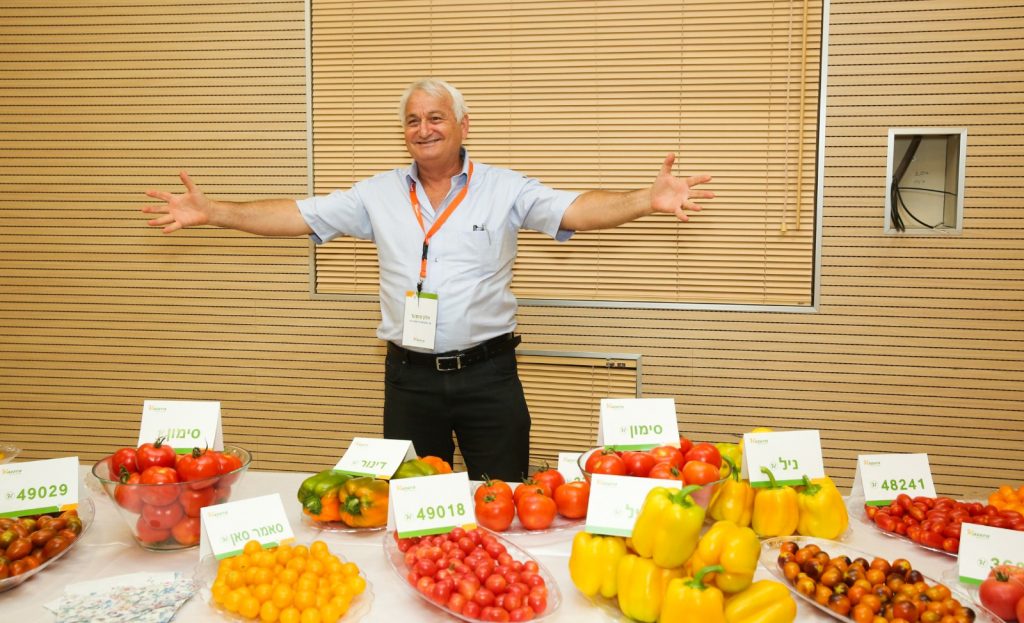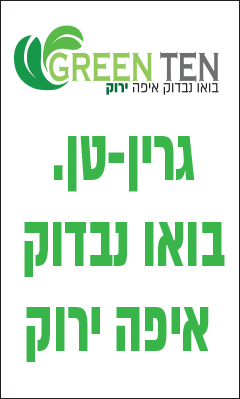A historic peace agreement was recently signed between the two countries. Israel was granted a formal permit to export fresh agricultural products to the UAE, and on Tuesday, October 20th, the first four pallets of pomelos were shipped from Israel aboard Abu Dhabi’s national Etihad Airways’ Dreamliner.

A historic peace agreement has recently been signed between the State of Israel and the United Arab Emirates.Following the agreement, Israel was granted a formal permit by UAE authorities to export fresh agriculture products and reproductive materials (including seeds). The permit was granted after a series of meetings and coordination between the Israeli Minister of Agriculture, Mr. Alon Schuster, and his director general, Dr. Nahum Itzkowitz, and their colleagues in the UAE’s Ministry of Climate Change and the Environment.Hopefully, the growers will be able to begin exporting as early as the beginning of November.Israeli grower, Benny Avitan made history by being the first to export agricultural products to the UAE.On Tuesday, October 20th, 4 pallets of pomelos were loaded aboard the Abu Dhabi national Etihad Airways Dreamliner, which had arrived in Israel on the first commercial flight after peace relations between the two countries were established.
Moshe Richker, CEO of Benny Avitan’s packaging facility said: “we contacted a local importer and closed a deal. All export procedures were handled as if it was an everyday occurrence, and in less than two and a half hours, it landed in its destination.”Israeli Minister of Agriculture, Alon Schuster said: “this is great news for Israeli growers. This agreement with the UAE is a big step forward, towards a future of agricultural cooperation of knowledge and technology as well as direct trade of agricultural products. A whole new market has opened up to the Israeli grower, and I very pleased.”

In recent years, Israeli export has faced fierce competition from Europe, who has been considered Israel’s main market for export of fresh products. Local European farming enjoys EU grants and investments, and other countries exporting to Europe have much lower growing costs of water, labor and so forth, all of which poses a great challenge to the Israeli grower. As a result, Israeli exporters have shifted large portions of their export to other markets like Russia, east Europe, south-east Asia and US (with crops that can withstand the long voyage). The Ministry of Agriculture also stated that shifting the markets was not enough, and after 2-3 successful years, export to Russia has decreased every year. The opportunity to export to a new and relatively close destination opens up new possibilities for Israeli export.Exporting to the UAE will open up development and marketing possibilities, hopefully creating a reasonable level of profitability, thus increasing and strengthening local agriculture.According to MoA’s information, the Gulf states, with their geographical proximity to Israel facilitate much cheaper costs of logistics and transport, and this is anticipated to promote and strengthen Israeli agriculture. With a population of 10 million people most of whom high earners, and with an economy based primarily on import, the UAE is an attractive market for Israeli agriculture. Professor Abed Gera, chief of Plant Protection and Inspection Services in the Ministry of Agriculture said: “agricultural export depends on a country’s ability to open new markets for the growers. One of our tasks in plant protection is to support preservation and enhance export, removing phyto-sanitary barriers in target markets while maintaining existing markets. This is truly good news for our excellent growers and exporters and an opportunity to expand Israeli fresh products export to UAE.”


.png)

.png)


.png)
.png)

.png)




